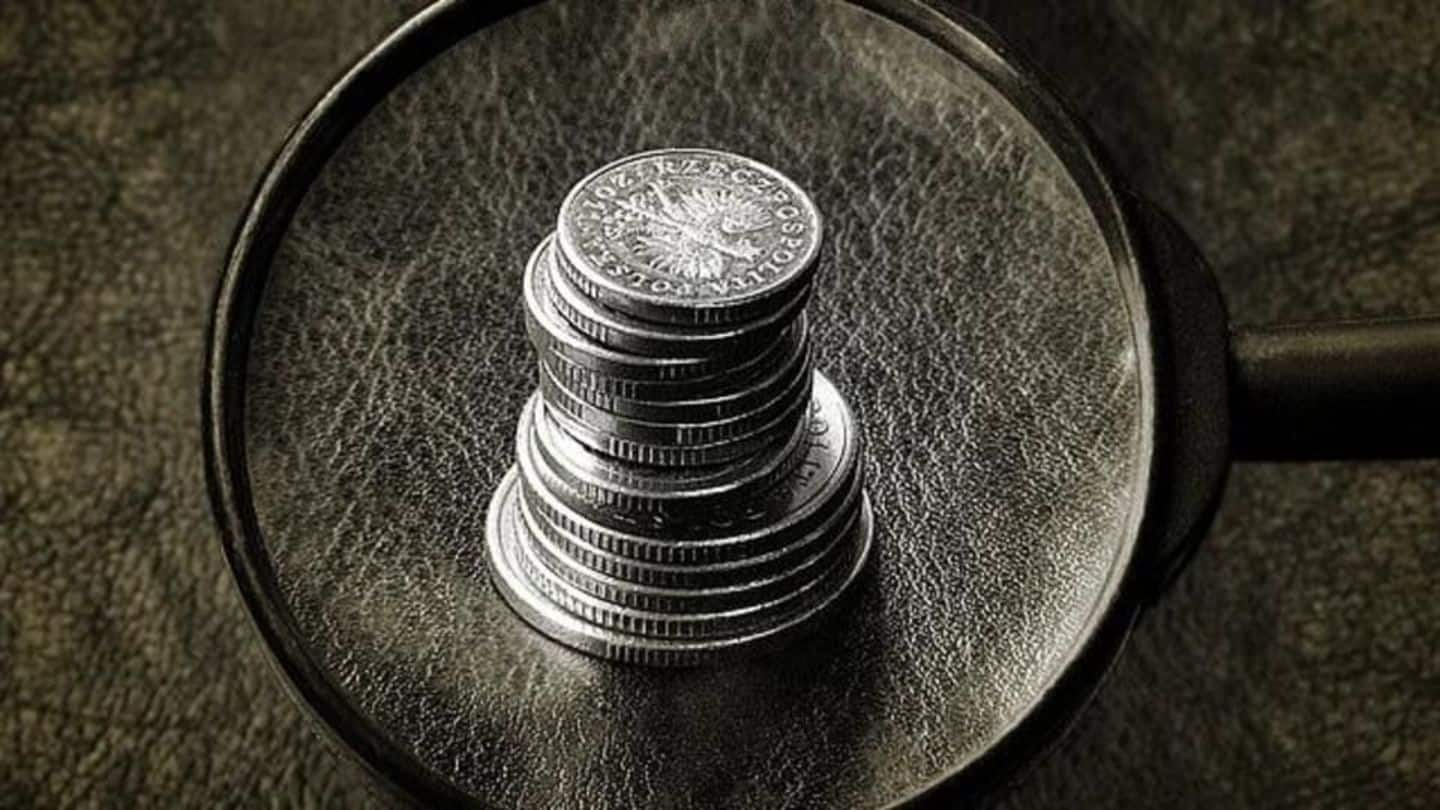
CBDT: Huge increase in assets of 98 MLAs, 7 MPs
What's the story
Reviewing the list submitted by an NGO regarding the asset hikes of certain MLAs and MPs, the Central Board of Direct Taxes (CBDT) found a substantial hike in the assets of seven Lok Sabha MPs and 98 MLAs. The CBDT said the identity and the relevant documents pertaining to the assets of these politicians will be given in a sealed envelope to the court.
06 Sep 2017
NGO files PIL against disproportionate assets of politicians
In September'17, an NGO called Lok Prahari submitted a PIL in the SC alleging that the assets of several MPs and MLAs had grown by leaps and bounds between 2 elections. S.N. Shukla, founder of the NGO contended that in the case of 113 members of Parliament (MPs) there was a subsequent leap even when they "had shown themselves as social activists or housewives".
Data
An unexplained surge in assets of politicians
Association of Democratic Reforms claimed that "assets of four current Lok Sabha MPs had risen by 1,200% and by over 500% in the case of 22 MPs". For instance: Shiv Sena's Sanjay Raut, saw 841% spike, while BSP's Satish Chandra Mishra witnessed a 698% increase.
Amendments sought
What the NGO wants?
Currently, politicians filing election affidavit don't disclose the source of their incomes; the NGO said this needed to change. It also said that candidates should declare if they have any contracts with the government, shares in private companies etc. Further, they wanted to amend the law to disqualify a politician if they hold shares in a private company that gets government/public contracts.
06 Sep 2017
SC raps Centre for inaction against politicians with spiked assets
The SC came down hard on the Centre for failing to disclose the action it had taken against politicians whose assets saw considerable spikes between elections. The SC asked the government to present the necessary information within a week. It asked why there was a lag to provide data on how many "inquiries has the Central Board of Direct Taxes initiated" against such politicians.
Justification
What the Centre said in its justification?
It was not a good day for the Centre whose justifications weren't entertained by the SC. The Centre claimed that it wanted to answer the PIL "but the directions sought did not lie within the judicial domain". Moreover, the Centre's counsel argued that it needed to carry out a consultation process to amend the law so that source of income could be revealed.